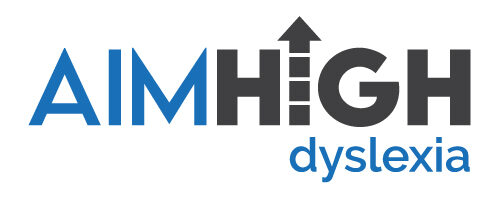If I think my child has dyslexia what should I do?
It is important that if you feel that your child maybe struggling in areas such as, reading, writing and spelling that you get a formal assessment. These concerns may have originally been raised by: teachers, parents, carers or other adults working closely with the child.
It is important to obtain a formal assessment as this will provide recommendations for any adult working with that child on the best ways to support them, and to support their future learning journey.
If you have any concerns regarding your child and wish to discuss this further please contact Nicola Al-Jassar, as I would be happy to provide advice regarding your concerns
How long will the assessment take?
An assessment will usually take between 3 – 5 hours.
What happens during the assessment?
During the assessment a battery of tests will be carried out, which will explore underlying abilities in: reading, writing and spelling. Processing speed, memory and phonological awareness will also be assessed during this session.
A history of the participant will also be taken to help gain background information, this will be completed via an informal conversation.
Do I need to prepare my child for the assessment?
It is important that your child has had a recent hearing and vision test (within the lest 6 months).
It is also important to inform your child that they will be coming to do some assessment work but that I am carrying this out to help them find strategies to aid them with their learning.
Children can bring with them; examples of school work, any written guidance from school and any previous testing.
What happens after an assessment?
After a Diagnostic Assessment you will receive a written report from Nicola Al-Jassar. This report will provide:
- Background evidence collected
- Evidence of the individual’s dyslexic profile (if obtained)
- Recommendations about how to support the individual in the context of their study, the workplace or day-to-day life.
- Individual analysis and conclusion of results
- Summary of evidence
- Signposting to other services or support
- A diagnosis of Dyslexia (if felt necessary)
What are the effects of Dyslexia?
The effect of Dyslexia is very individual for each person, but Rose (2009) defines this specific learning disability as:
- Dyslexia is a learning difficulty that primarily affects the skills involved in accurate and fluent word reading and spelling.
- Characteristic features of dyslexia are difficulties in phonological awareness, verbal memory and verbal processing speed.
- Dyslexia occurs across the range of intellectual abilities.
- It is best thought of as a continuum, not a distinct category, and there are no clear cut-off points.
- Co-occurring difficulties may be seen in aspects of language, motor co-ordination, mental calculation, concentration and personal organisation, but these are not, by themselves, markers of dyslexia.
- A good indication of the severity and persistence of dyslexic difficulties can be gained by examining how the individual responds or has responded to well-founded intervention.
Therefore, people with Dyslexia will struggle with elements within these areas.
How common is Dyslexia?
It is estimated that 1 in 10 people in the UK will suffer with Dyslexia
Have you got any other questions?
